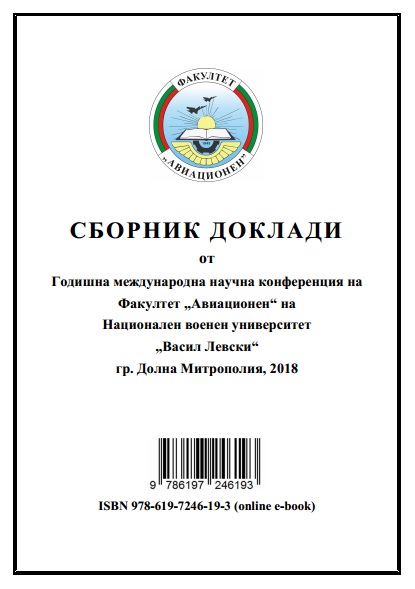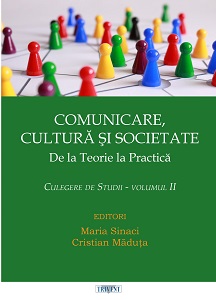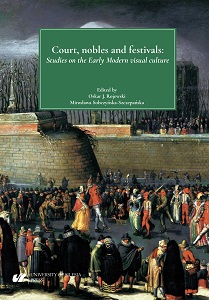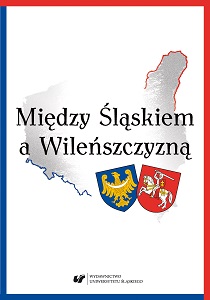
Kosovo Conflict and its Impact on European Security and Stability
In the international context created after the end of the Cold War the inter-ethnic and inter-religious conflicts are one of the main threats to the European and international security and stability. The conflicts appeared in the ex-Yugoslav and ex-Soviet spaces. The constructivist theory shows that people actively construct or create their own subjective representations of the objective reality. Knowledge is based on personal experiences and hypotheses of the environment. The conflict appeared between the Orthodox Serbs and the Muslim Albanians in the province of Kosovo. In the course of time the Muslim Albanians became a majority in the province. The Orthodox Serbs consider that Kosovo is a historical province of Serbia because there is the place of the Kosovo Polje Battle (1389), important moment in Serbs history. Although the battle was a defeat for the Serbs, they wanted this moment to be celebrated as a national day thanks to the bravery that they showed during the fight. Also, Kosovo represents the core of the Serb feudal state. The Kosovo conflict (1999) has led to the appearance of a new state on the map of Europe, Kosovo. It was recognized only by a part of the international community. The Kosovo conflict represents a dangerous precedent. This fact has important consequences for the European stability and security because the European states comprise a large mosaic of ethnicities and religions. The paper aims to analyze the impact of the Kosovo conflict on the European security and stability environment. The study is based on the comparative analysis of the press articles and the literature from March 1989 which represents the moment of the revocation of Kosovo’s autonomy until February 2017.
More...



